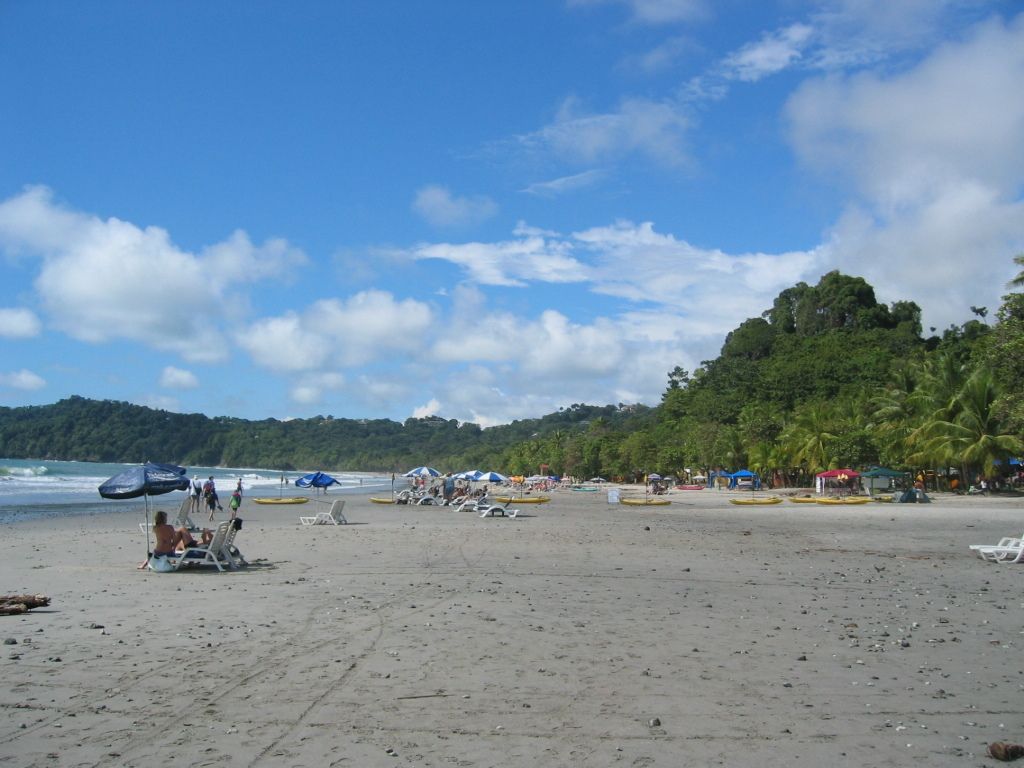Stettner Admits Potentially Exorbitant Cost of Maglev Test Track
CDU parliamentary party leader Dirk Stettner has amended his earlier claims regarding the cost of constructing a test track for a magnetic levitation (maglev) train in Berlin. Originally, he estimated the expense to be around 80 to 85 million euros for a track measuring 5 to 7 kilometers. However, he conceded that the actual cost could significantly surpass this figure following careful route selection and planning.
According to Stettner, the economic appeal of maglev trains lies in their potential affordability compared to subway systems. While RBB quoted a German Federal Ministry of Transport feasibility study suggesting maglev costs of 20 to 25 million euros per kilometer (as of 2020), doubts persist concerning the factual accuracy of these figures.
Stettner's proposal has sparked debate among lawmakers and critics. Tino Schopf, the SPD parliamentary group’s transport spokesperson, voiced opposition, claiming that presently, maglev trains lack viability. The State Court of Auditors President, Karin Klingen, added her perspective, cautioning against financing for maglev projects from the special climate protection fund.
Faced with criticism, Stettner remains steadfast in advocating for maglev trains as a viable option for rail infrastructure development. Revisiting the aforementioned feasibility study by the Federal Ministry of Transport, it is suggested that maglev trains have generally been found to be less costly than subway systems per kilometer.
It's worth noting that specific cost estimates for maglev projects can vary widely, reflecting the intricacy of each project and location. For instance, the completion of the South Shanghai Maglev extension cost around US$18 million per kilometer, as cited in the Wikipedia article on Maglev trains.
In contrast, subway construction typically costs between $10 million and $50 million per kilometer, depending on factors such as location and project complexity. Although the evidence is far from conclusive, it appears that maglev trains may present a less pricey alternative in specific contexts.
As the debate around maglev trains continues, it is vital to consider nuanced cost estimates and weigh their potential benefits against alternative solutions. Further insights from pertinent German Federal Ministry of Transport studies are required to achieve a more comprehensive assessment of the economic viability and feasibility of maglev trains in Berlin.
Enrichment Data: - According to various sources, the estimated cost per kilometer for a maglev train can vary significantly. For example, the South Shanghai Maglev extension boasted an estimated cost of approximately US$18 million per kilometer, while the German government's investment in guideway cost reduction development in 2006 resulted in a design that was 30% less costly, with each kilometer lasting $100 million. - The United States Federal Railroad Administration estimated the cost per mile of a maglev system to fall between US$50 million and $100 million. - It's worth noting that, depending on location and project complexity, the typical cost for subway construction can range from $10 million to $50 million per kilometer.








